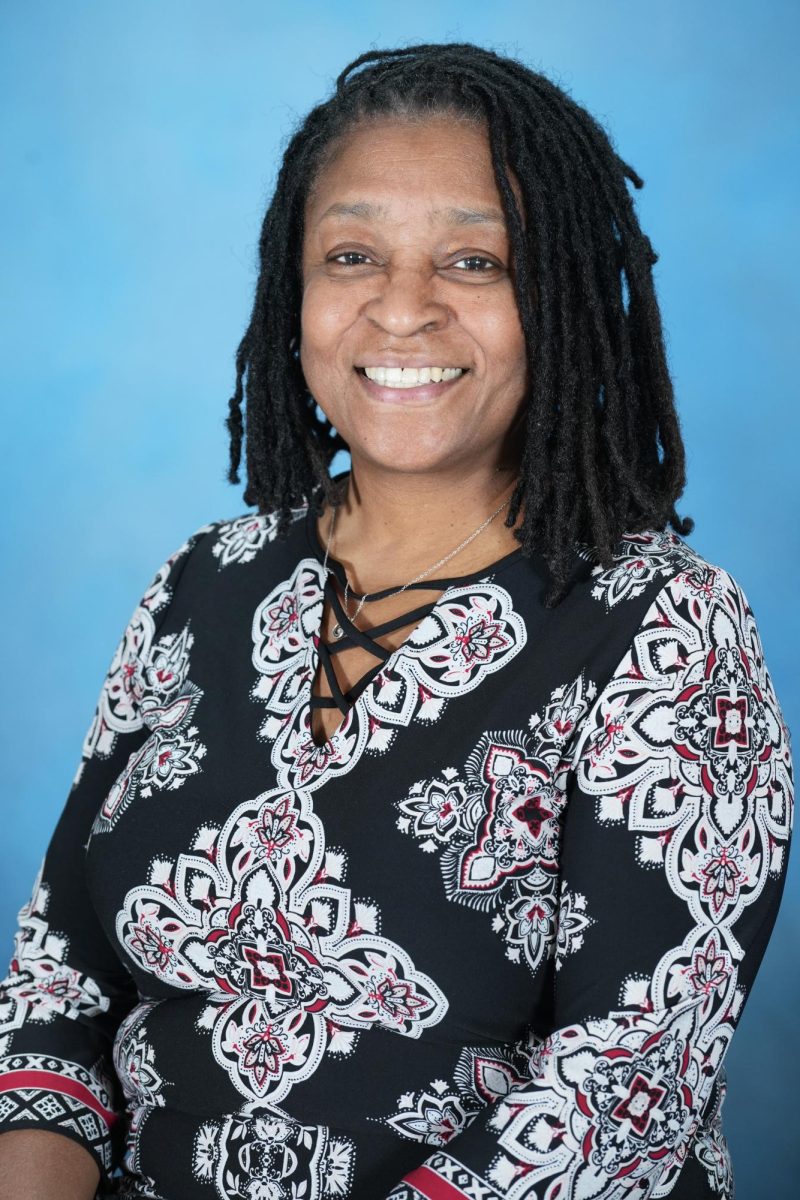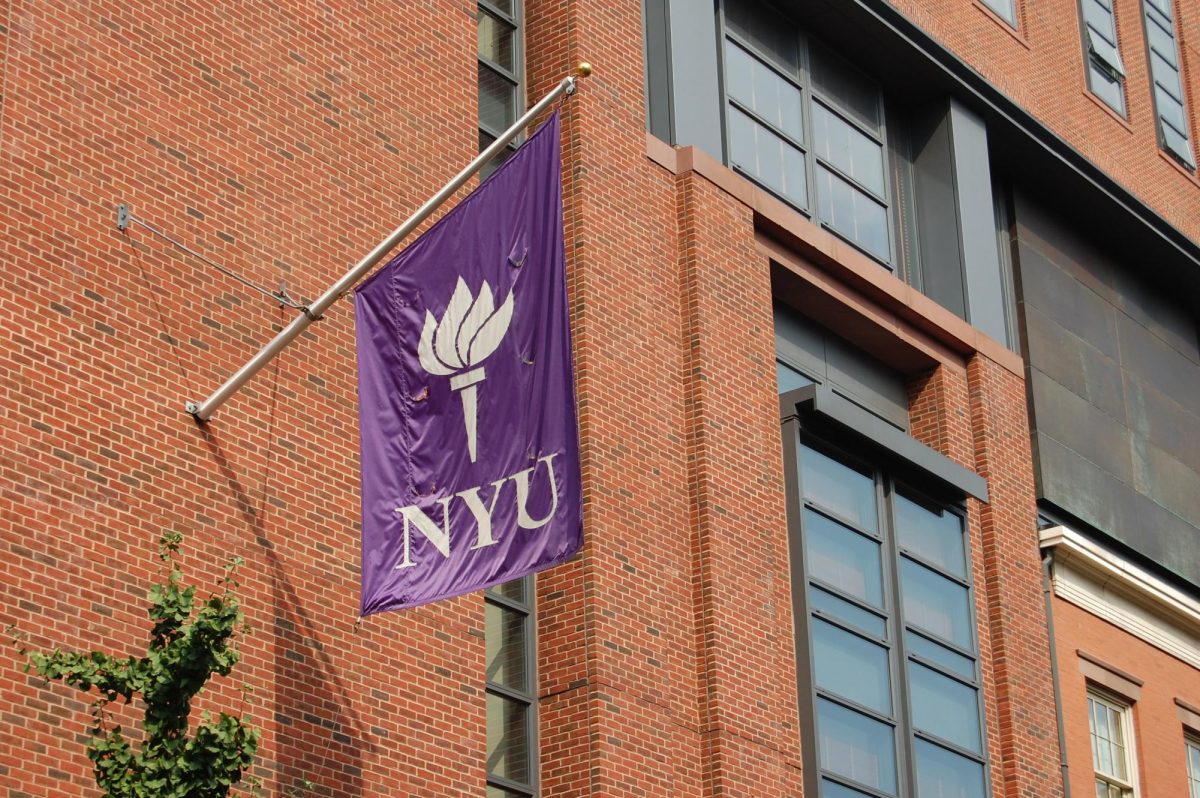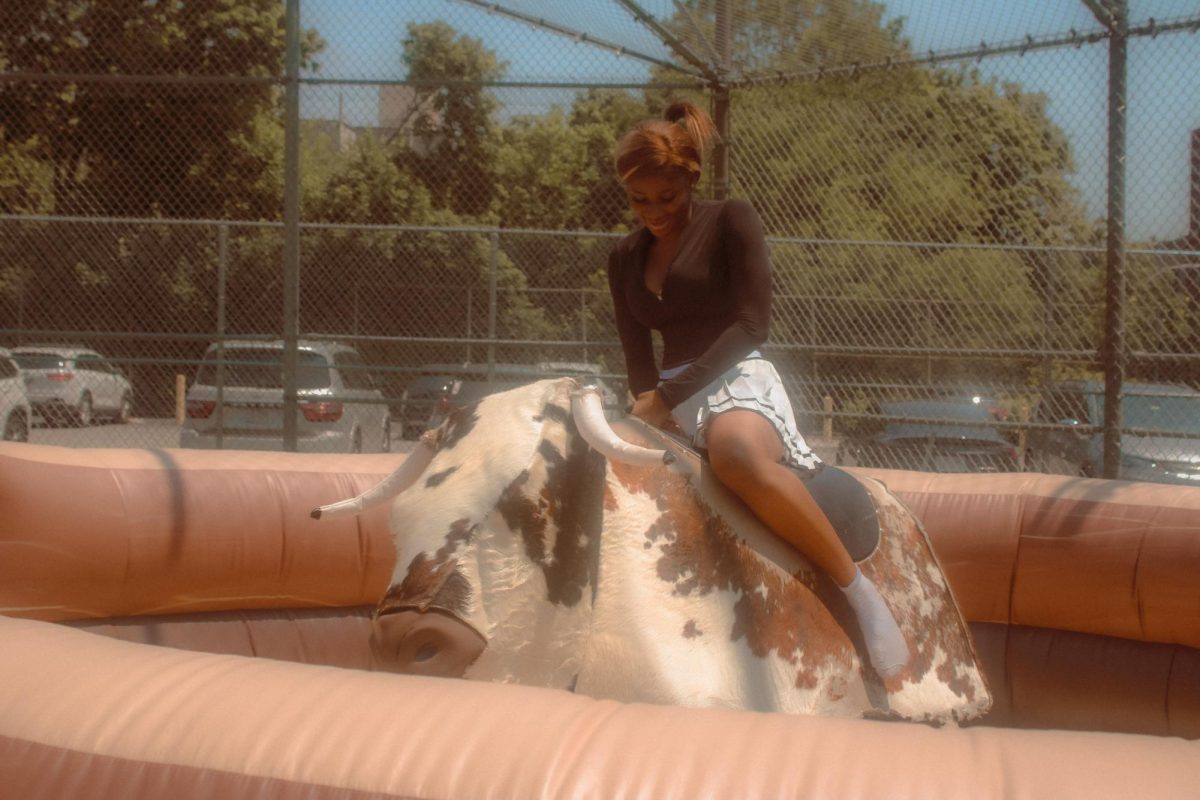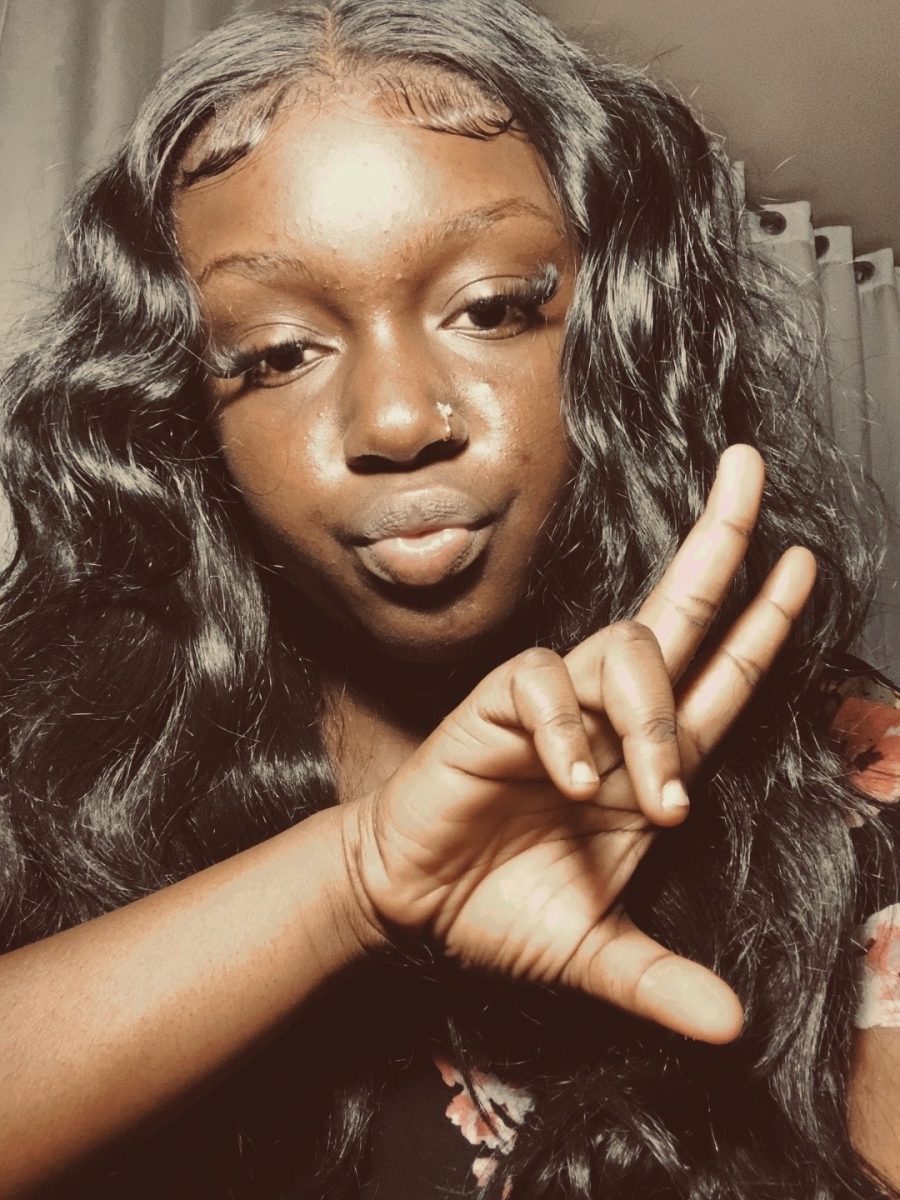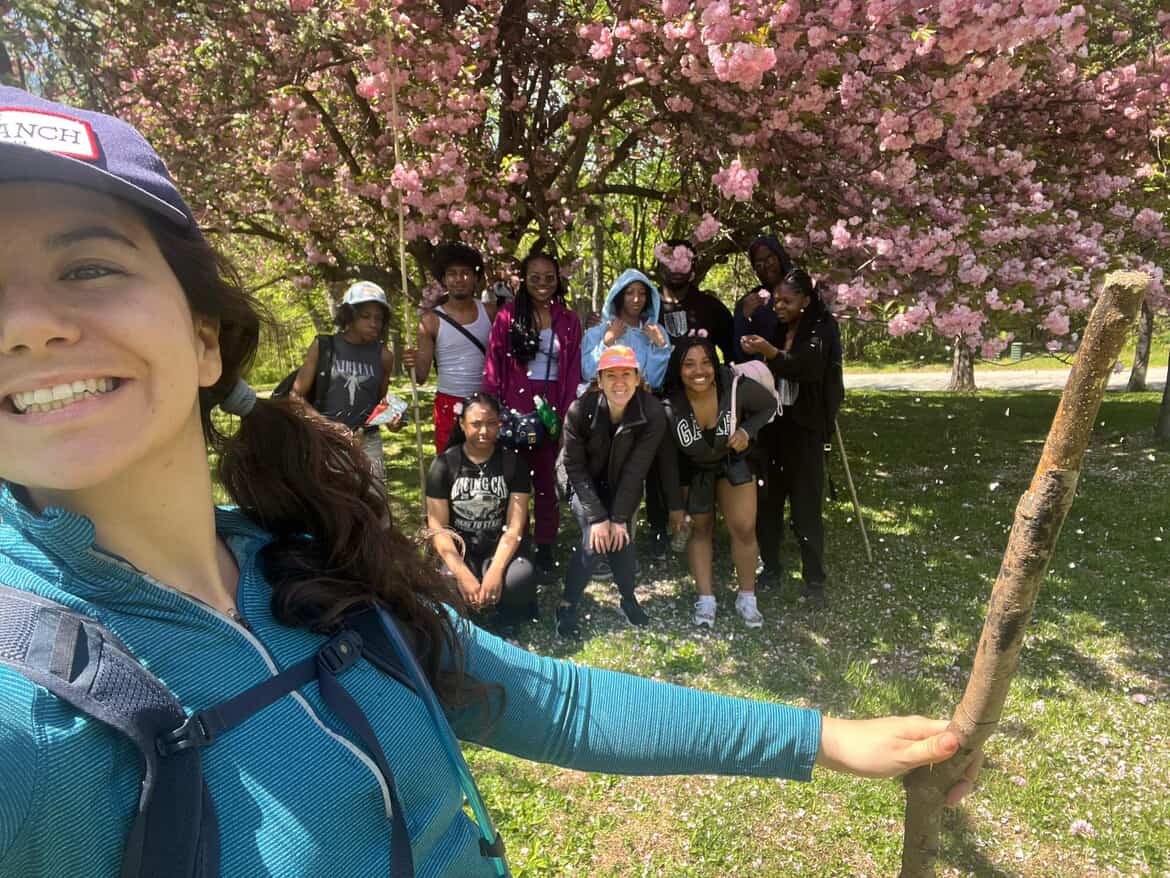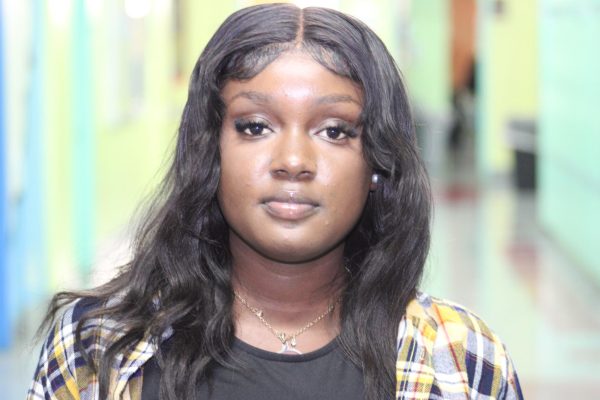I was going home and walked past a group of black lightskin girls.And they called me over. I went to see what they wanted. Because they were smiling at me (that’s what I thought). they said « you black » and they started laughing. I was so surprised that she called me just for that I couldn’t believe it so I just turned around and went straight home . Colorism is something that many of us observe on a day to day basis, but not everyone talks about it. It’s when people are treated differently based on the color of their skin even within their own race. Light skin is generally thought to be more “beautiful” or “acceptable,” while dark skin is faulted, disregarded, or even hated. And honestly? It’s not cool.
At my school, BASE, we witness it every day. We may not always be able to put words to it, but we feel it. A student, Akeem, said to me, “Everyone can be racist.” That applies to all races even those who themselves are victims of racism can still exhibit colorism. It’s something that has been taught generation to generation, passed around in little comments, jokes, or beauty standards.
At school, we really talked about how people treat others based on skin color. One of the BASE students, Bradon, said something so real and straightforward “People get treated differently based on their skin color.” And he is right. We have seen people being bullied for being too dark, or being treated nicely just because they are light-skinned. That is not fair. It has nothing to do with personality, character, or being nice; it has everything to do with skin. And that is the problem.
But colorism doesn’t just come from random people. It can come from family, friends, or even yourself. Some of us grow up hearing things like “don’t stay in the Sunda too long” or “you’re pretty for a dark-skinned girl.” That might seem small, but it adds up and makes people feel like they’re not enough. Like they have to change who they are to be seen or loved.
However, not everyone views individuals that way. My friend Emon once shared with me something that I will never forget: “Some Black people have better personalities than white people, so skin color don’t define you.” That line. It isn’t about the skin it’s about who you are on the inside. It’s about the way you treat other individuals, how you act, and what kind of person you choose to be.
I think the first step to eliminating colorism is to talk about it, like we did in class. We must call it out when we witness it. We must stand together and remind others that beauty comes in all shades. We’re not better or worse because we’re light or dark. We’re just different, and different doesn’t mean less.
At BASE, we’re learning to make our voices heard. We’re learning that our voices matter. And as a 16-year-old Black girl, I want to be proud of my skin and not hide it.
So yes, colorism does exist. But if we keep having these conversations, if we listen and learn, then we can change the way people think. And perhaps one day we won’t need to explain why our skin doesn’t make us lesser.
